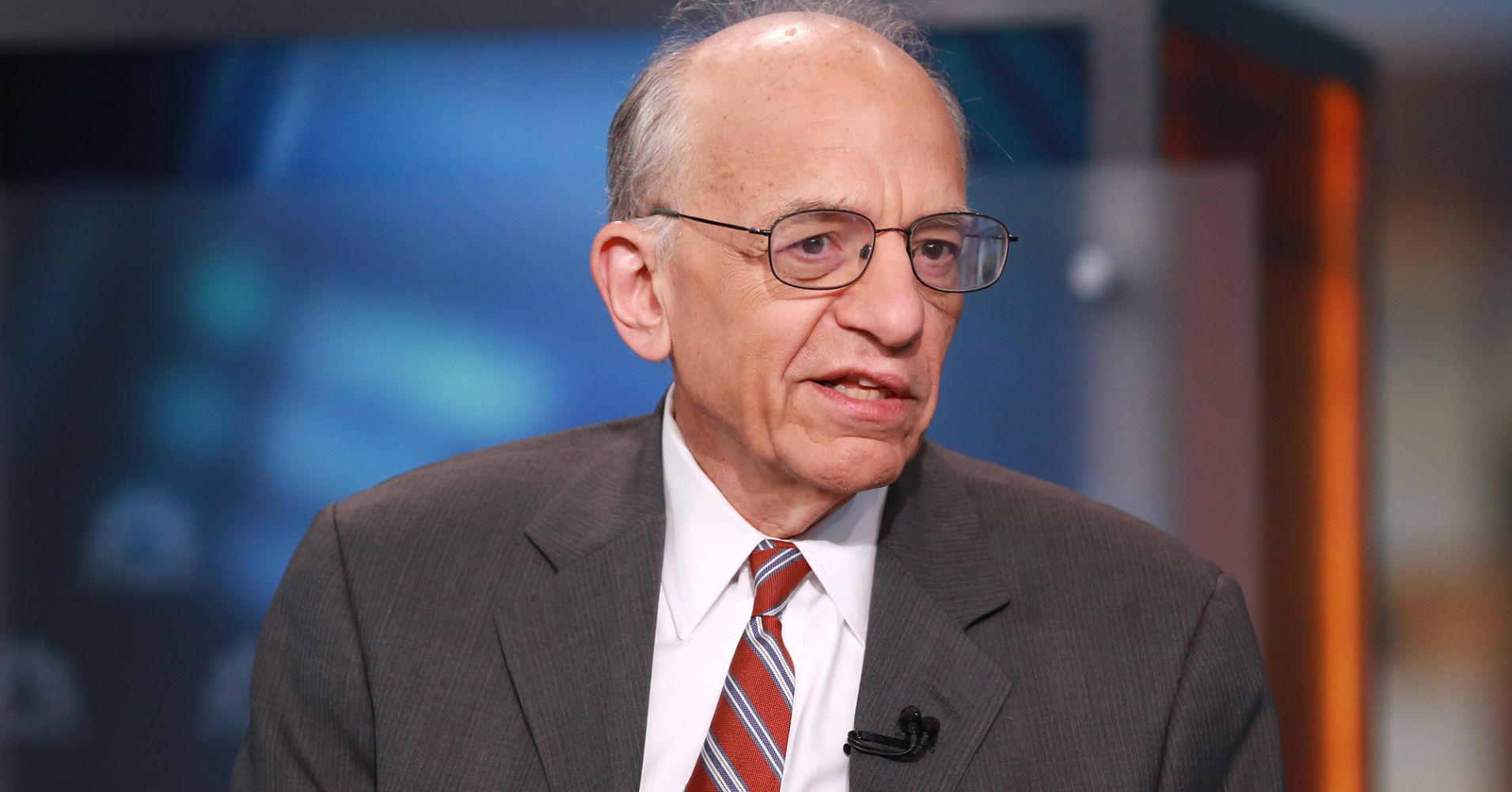
Jeremy Siegel, a longtime bull who recently turned cautious, told CNBC on Thursday that China is the main driver for the stock market heading into the end of the year.
The Wharton School finance professor painted a bigger downside risk than an upside gain in regard to an all-out U.S.-China trade war versus an agreement.
“If we could get resolution with China, this market could pop 10 percent,” Siegel said on “Squawk on the Street.”
But he said implementation of the $200 billion worth of additional tariffs that President Donald Trump has threatened could result in a “20 percent drop” in stocks.
The next few weeks could be crucial as the U.S. and China resume trade negotiations later this month. The last official round of talks was in early June when Commerce Secretary Wilbur Ross met China’s vice premier in Beijing.
Thursday on CNBC, White House economic advisor Larry Kudlow said China “must not underestimate President Trump’s toughness and willingness to continue this battle to eliminate tariffs and nontariff barriers and quotas, to stop the theft of intellectual property and to stop the forced transfer of technology.”
As investors await a resolution either way on China trade, Siegel said he does not expect 2018 to get anywhere near last year’s 19.4 percent return by the S&P 500.
At the end of 2017, he predicted stocks would be flat to up 10 percent this year.
The S&P 500, as of Wednesday’s close, was up 5.4 percent for the year. Broad strength Thursday on Wall Street was more than making back Wednesday’s losses.
Siegel said he’s been encouraged by the strengthening economy, but he does not see it running as strong as some of the most optimistic estimates.
“I don’t think we’re in a 4 percent economy. I do think it looks like we ratcheted it up to a 3 [percent] economy,” Siegel said. “That is a big improvement over the 2.25 [percent] we had before.”
Siegel did caution that stronger growth usually means higher interest rates from the Federal Reserve, which already in March and June increased the cost of borrowing money, with one or possibly two more moves expected before year-end.
After China, Siegel said the Fed is the second most important factor for the markets. He said the midterm elections in November, in which Republicans will fight to keep their majorities in the House and Senate, will also be a key variable to watch.
But Siegel downplayed the importance of the currency crisis in Turkey, saying it won’t lead to contagion and probably won’t be talked about much in six months.
— Reuters contributed to this report.

